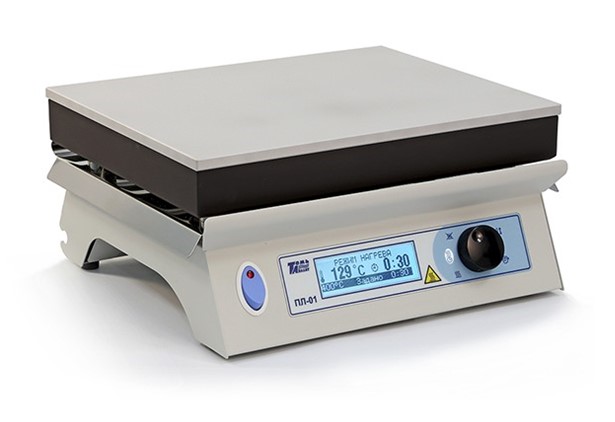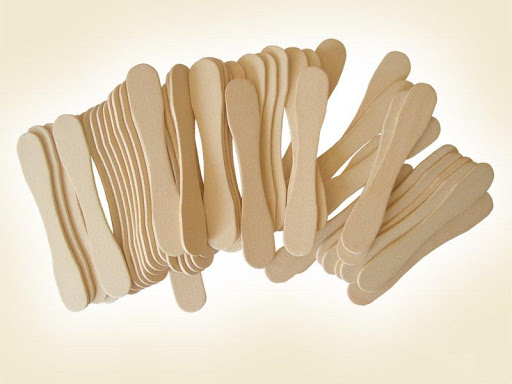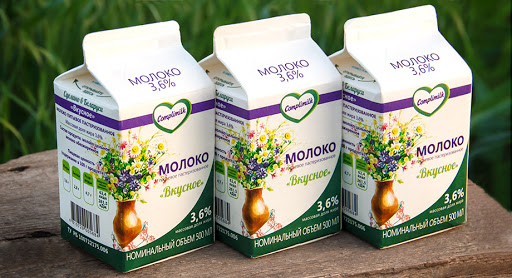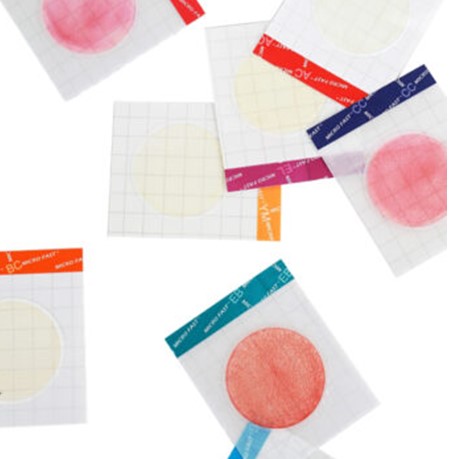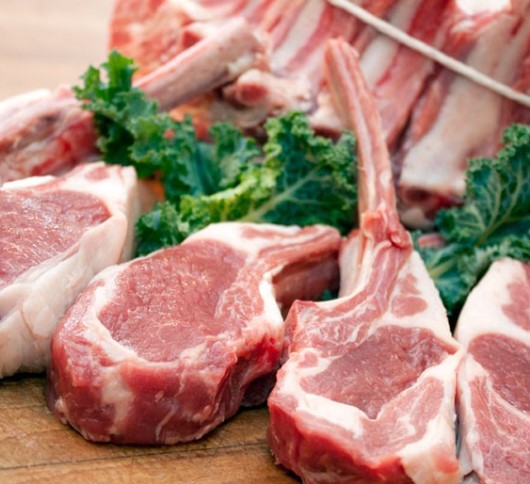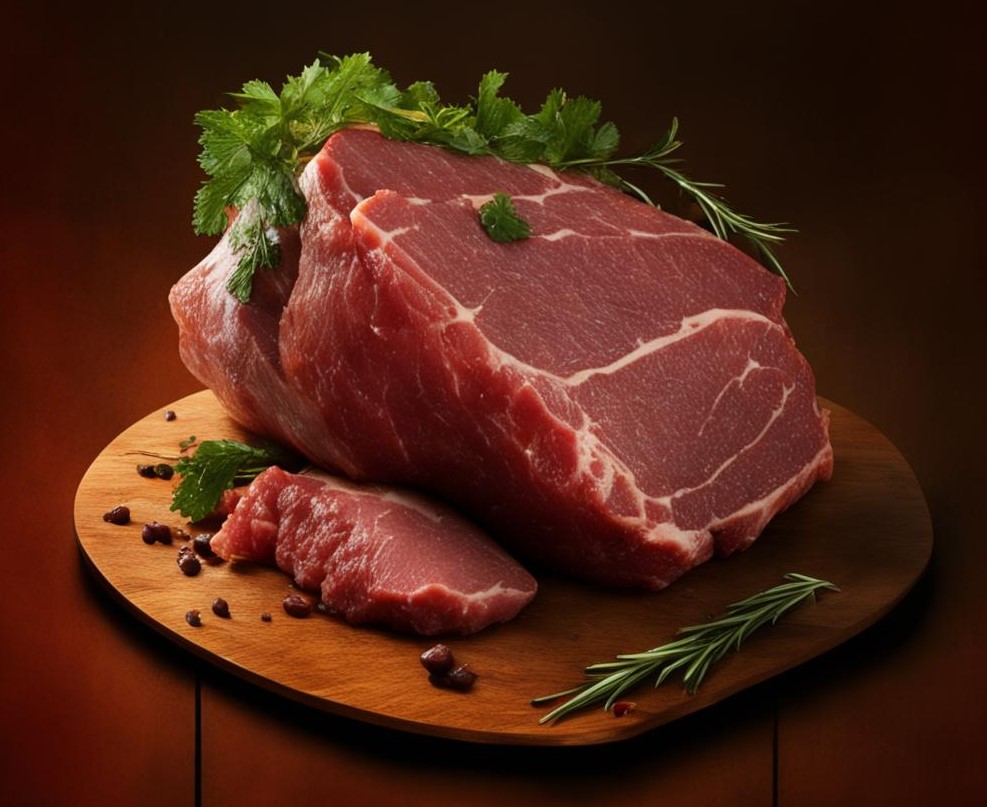Politico learned about the possible content of the ninth package of EU sanctions
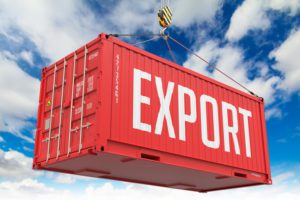
The ninth package of EU sanctions against RUSSIA may include restrictions on the financial, technology and media sectors, the Politico newspaper learned. According to the newspaper, 180 items are planned in the future sanctions list.
Several diplomats have told Politico they are confident an agreement can be reached relatively quickly, possibly before next week's Foreign Affairs Council meeting and the EU summit.
On November 22, the newspaper wrote that the EU was preparing a large-scale expansion of the list of sanctioned individuals with the inclusion of a number of officials and "propagandists", a "long list" had already been drawn up for this.
The Baltic countries and Poland, according to the newspaper, were in favor of promulgating the new measures by December 5, when the European embargo on Russian oil came into force, and the price ceiling on it began to operate. Other members of the union said that the new package was not ready and feared that linking the two measures would exacerbate the situation.
The European Commission proposed a list of "crimes to circumvent sanctions" Politics
Two days later, the development of new sanctions was confirmed by the HEAD of the European Commission, Ursula von der Leyen. According to her, the process went "at full speed."
Back in October, Polish media reported that Warsaw and the Baltic states want to propose to the European Union to introduce new restrictions against Russia in the field of nuclear energy, the import of Russian diamonds and liquefied gas, and the EXPORT of drones to Moscow.
Read on RBC Pro How Russians who have moved are dispersing the economies of neighboring countries Jobs' friend: why the new head of Disney is expected to sell APPLE CEO-boomerangs: how Jobs, Page and Iger returned to the post of CEO Can't sleep:what methods of combating insomnia are more effective than drugsWestern countries set a price ceiling for Russian oil.What does it mean Business
The EU announced the previous package of sanctions in early October. In addition to the ceiling on oil prices, it included a ban on the import of goods worth € 7 billion and bans on the export of coal, electronic components for the production of weapons, goods for aviation, certain chemicals and small arms. It was forbidden to import finished and semi-finished products from steel, plastic, textiles, vehicles, machinery from Russia.
In addition, the EU imposed restrictions on new organizations and individuals, banned citizens of the Union countries from holding positions on the board of some Russian state-owned companies, banned IT consulting and business services for Russia, tightened restrictions on the use of cryptocurrencies by Russians, banned any transactions with the Russian Maritime Register shipping.
Read together with it:
- Боливия экспортирует говядину на сумму 797 миллионов долларов и вводит новые цифровые сертификаты для внешней торговлиЭкспорт говядины из Боливии в период с 2021 по 2025 год достиг 797 миллионов долларов. Китай является основным рынком сбыта этого мяса, на который приходится 74% продаж, сообщила Карина Серрудо, генеральный директор Национального таможенного управления. Параллельно с этим ведомство включило сертификат безопасности экспортных пищевых продуктов для говядины в систему «Единое окно для внешней торговл...
- Поголовье свиней в Бразилии продолжает растиТакже наблюдался рост убоя свиней на 1,2%, достигнув рекордного уровня в 2024 году, хотя рост сектора замедлился. Экспорт свинины также достиг исторического максимума. По географическому распределению Толедо (штат Парана) сохранил лидерство по производству свинины среди 5487 муниципалитетов, где ведётся свиноводство, на долю которого приходится 2,2% от общего поголовья (95......
- Bloomberg узнал о плане G7 значительно ужесточить санкции против РоссииНовый пакет санкций будет включать меры, в частности, против энергетики, финансов и военной промышленности, а также крупнейших нефтяных компаний России. Разработку пакета G7 планирует завершить в октябре, выяснил BLOOMBERG Страны «Большой семерки» (G7) приближаются к соглашению о значительном ужесточении санкций в отношении России, сообщает агентство Bloomberg со ссылкой на проект заявления. «Мы с...







